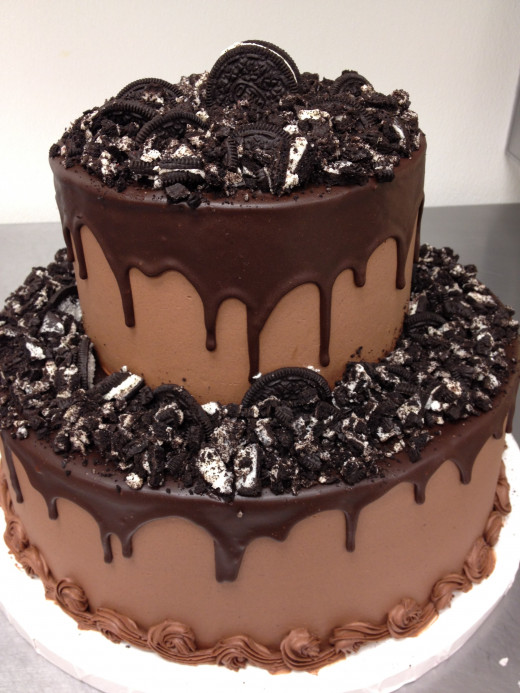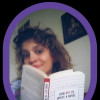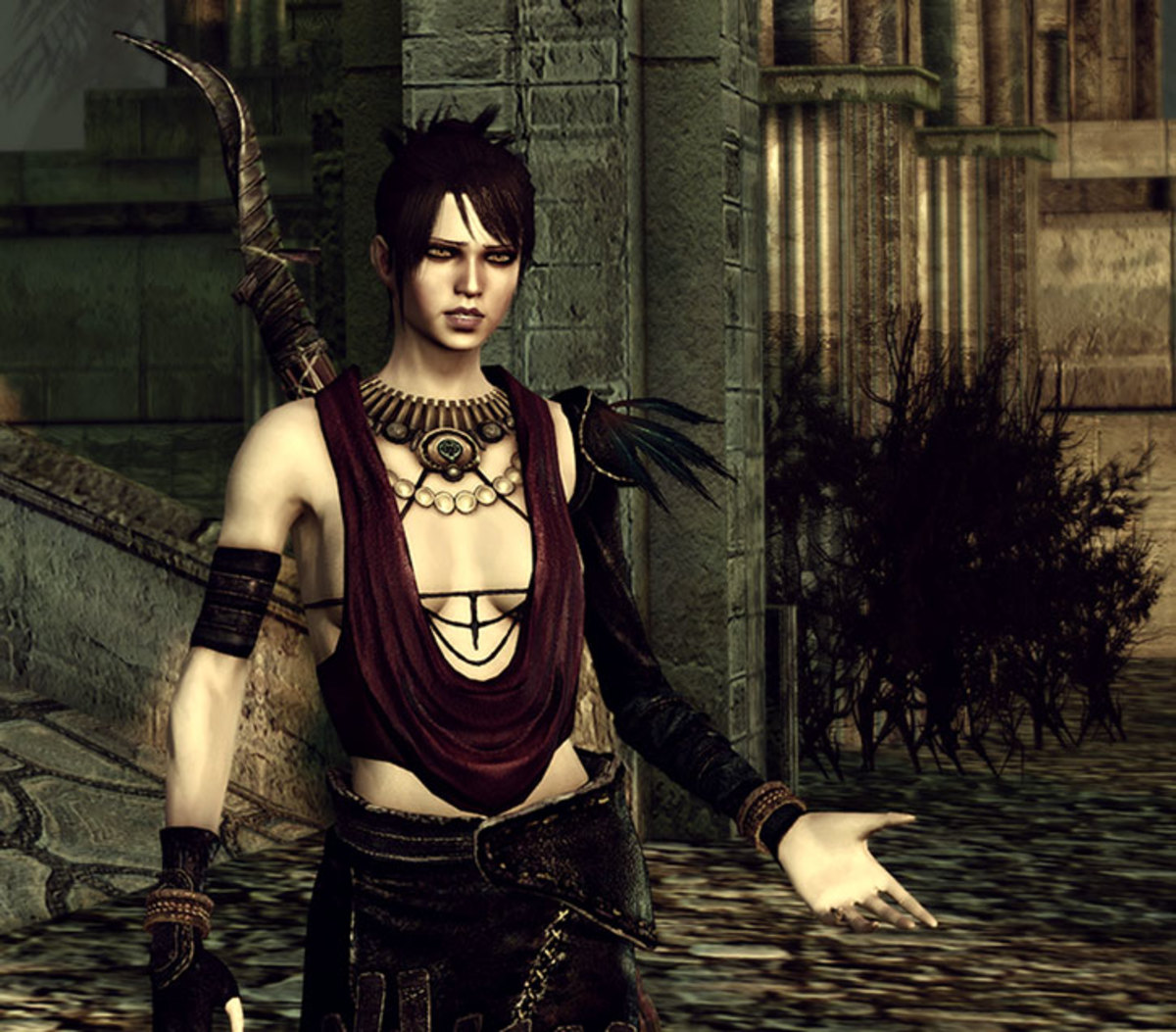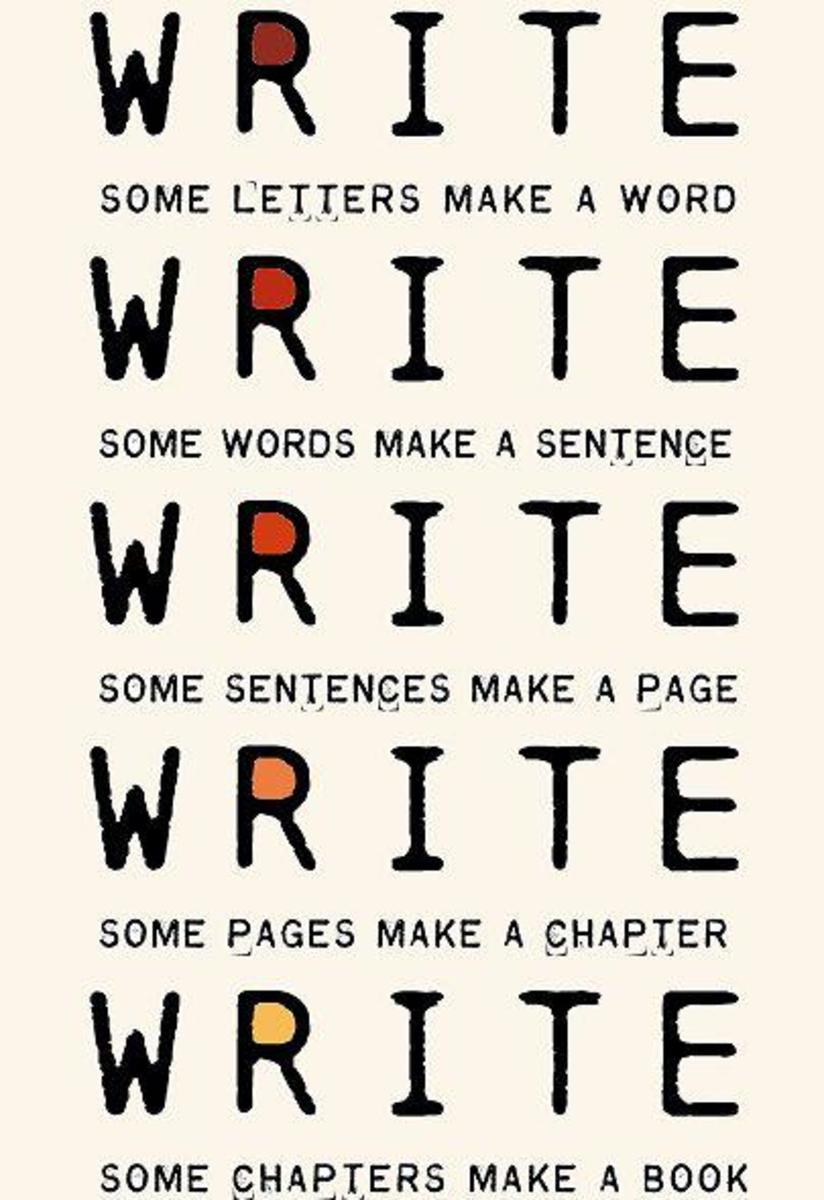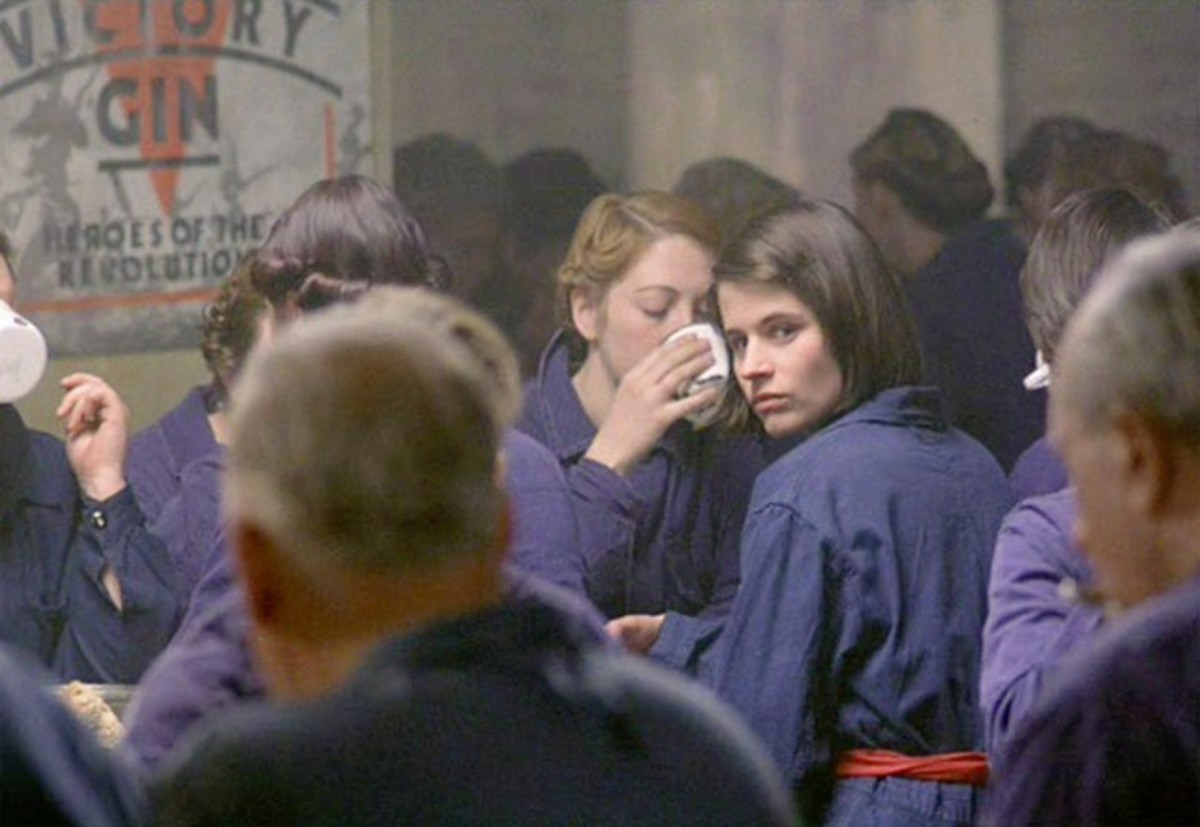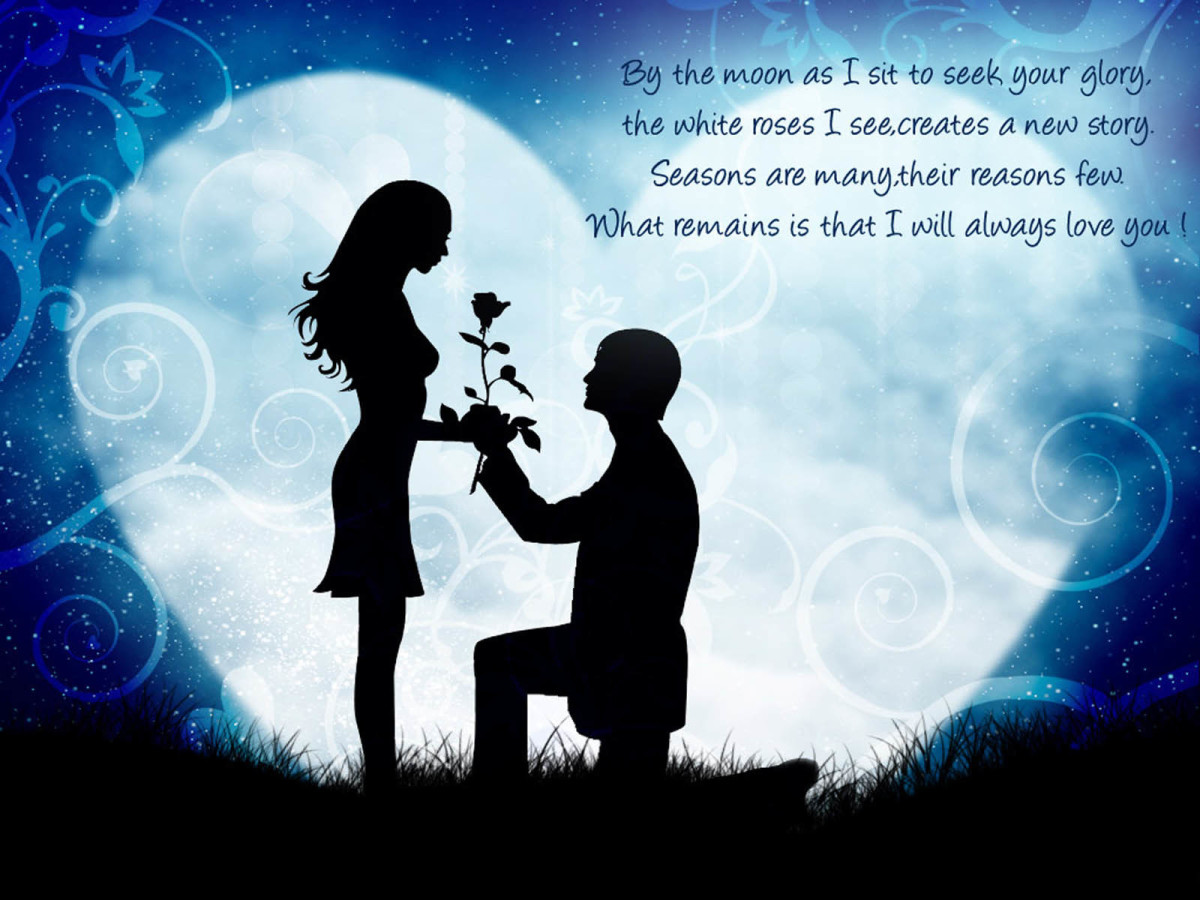3 Things Not To Include In Your Novel
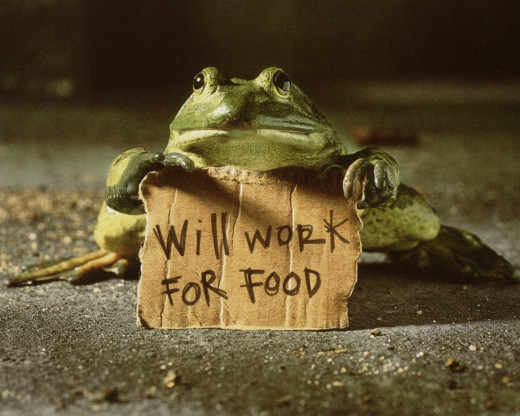
So you’ve finally decided to quit your cubicle and commit to becoming the next F. Scott Fitzgerald. Great! There’s always room in the box of unemployment for one more, and really, it’s not as bad as it sounds. We don’t have even have to clean the bathroom here; we just go right in our shorts.
Okay, but seriously, if you’re really going to do this, please, please avoid putting the elements listed below into your masterpiece. There’s nothing new or interesting about them anymore. In fact, for your readers they’re like the kiss of death—only not as sweetly releasing.


1) “Strong” female characters
We all want our heroines to be smart, interesting, and capable. What we don’t want them to be is dusty literary molds that are about as interesting as yesterday’s toast. Enter one of modern literature’s favorite breakfast sides: the “strong” female character! She’s the perfect complement to the wimpy man omelet, also a modern classic. What’s not to like about her, after all? She is tough, sassy, and entirely indistinguishable from her other strong female peers.
Katniss from Hunger Games, Tris from Divergent, Teresa from Maze Runner—yawn. Snoozetown, people. Wouldn’t it be interesting to go back to the old-fashioned woman so frequently scoffed at these days? Hell, I’ve love to see an old-school homemaker who enjoyed girly things like knitting while solving murders or something in the meantime—oh wait. Christie already did that. Her name was Mrs. Marple, and she was the last interesting “strong” female character to appear in the last thirty-odd years. And notice how her strength as a character has nothing to do with physical power or acting like a dude.
I’m utterly sick of this so-called “independent” heroine, and I can’t think of a single new angle to take with her. She used to be “new” and “edgy,” but at this point? Dump her. You’re out to create the next Great Gatsby, and the only thing this chick can do for you is lose an audience.
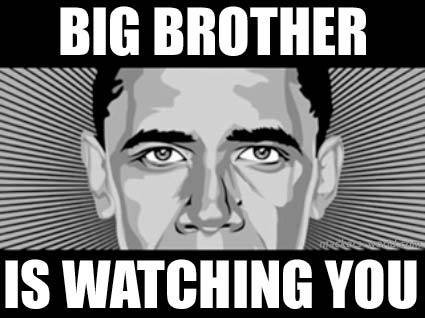

2) The government is behind everything
We are currently experiencing a massive expansion of government, and this concern has been made manifest in the growing literature preferences of the modern reader. For instance, you may have noticed a recent explosion of post-apocalyptic novels. These books address the varying aspects of power gone horrible wrong. Cool, right?
Not anymore. This trend has spawned a plethora of plots and characters that have already become old and tiresome.
The plot is simple: sometime in the future the government is out of control and everybody becomes screwed, until one group of rebels decides to fight against the tyranny. I think one of the best examples of this was actually done decades ago and hasn’t been done well since. You know, in that series that begins with “Star” and ends with “Wars.”
The books already mentioned above are great examples of this. Divergent, Hunger Games, Maze Runner—they all have various futuristic setups with the same stale explanation. “Oh, we don’t know what’s going on? This puzzle is impossible to solve? Omg it’s the government!’’
DIDN’T SEE THAT COMING! Look, if you’re thinking about writing a novel where the government becomes too big and makes people do bad things, don’t. We all know it could happen and at this point reading about it is just depressing. Not to mention boring.
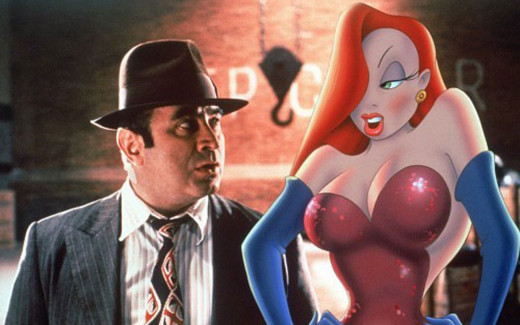
3) Sleazy romance
“Listen to you heart.” What exactly does that mean, anyway? When you think about it, it seems to be an invitation to listen to one’s “feelings” over one’s head. Great advice. I foresee no possible negative consequences from this at all.
But there's plenty, obviously. You know it and I know it. A quick look at the bestsellers list reveals the results of this "liberating" philosophy that has been rammed down our throats for over a decade: a confusing blurring of the line between love and lust, with the result that the former is usually considered to be the exact same thing as the latter.
The most famous example is probably Bella and Edward from Twilight. Their biggest problem as a couple isn’t Bella “neediness” or Edward’s “possessiveness.” It’s the fact that their relationship is defined by physical attraction.
They can go on about how deep their “love” is, but at the end of the day, every scene they share consists in descriptions of beating hearts and sweet vampire scent. And when they are removed from the physical presence of one other, they become quasi-humans who can’t even perform basic life functions. That's not romantic; it’s just sick.
Another example would be Christian and Ana in Fifty Shades of Grey. Disclaimer: I haven’t read this backup piece of toilet paper. Nor do I intend to. But we all know what it’s about: a sadist pervert and a dumbass college student decide to engage in some torture-porn. Let me repeat that: their relationship is initiated in order for Christian to satisfy his sexual perversion. That’s it. Yet it’s actually classified as a love story.
For all you future authors out there, kinky sexual abuse and utter emotional dependence on your beloved has nothing whatsoever to do with genuine love. It does, however, have everything to do with unhealthy obsession and a total disregard for the dignity and respect that is owed to the human body.
So unless you’re going to explore why this is wrong (and please God tell me we still think this is wrong), don’t drop another turd into the sewage of mass-produced romance novels that circulates ‘round the public these days. Focusing on lust alone--but a single aspect of love-- is like saying the only worthwhile ingredient in a cake is the icing. Don't buy it. Make a cake with all the good stuff so that you can feast with pride and grow fat off the fruits of your literary labors.
As a novelist, you should enlighten and inspire your readers to reach their ultimate potential, not be the means by which they get their jollies for the day. Let's aim for higher things, people.
